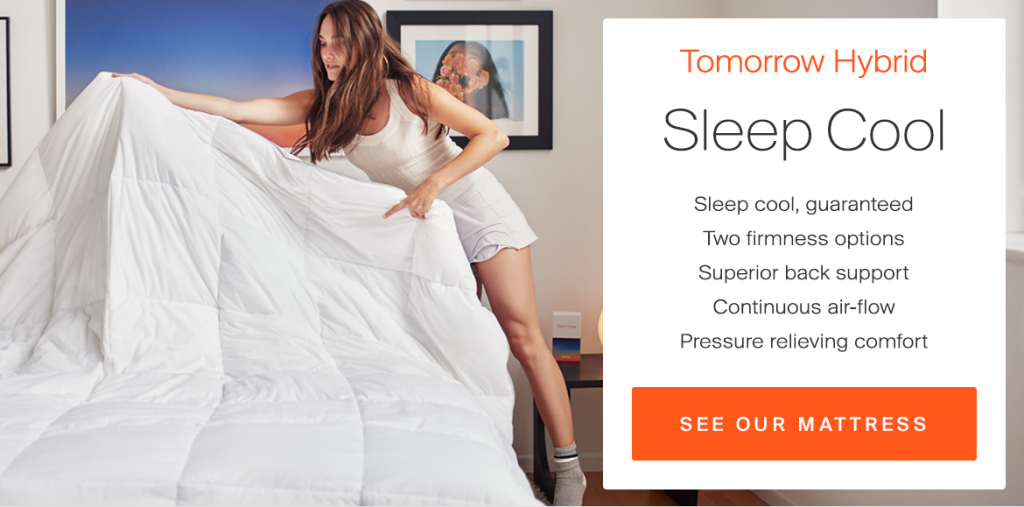Getting a good night’s sleep can help you lose weight.
But without it, our bodies are more prone to food cravings, slower metabolic rates, and poor decision making.
Read through to see how sleep affects your waistline.
Sleep and Hunger Hormones

Specific hormones such as cortisol, leptin, and ghrelin control the feeling of hunger in our bodies.
When we don’t get enough sleep, our hormone levels are thrown out of balance — resulting in an increased appetite and decreased metabolism.
In other words, when we don’t get enough sleep, we’re more likely to overeat and less likely to lose weight.
Sleep And Weight

A sleep study funded in part by the American Heart Association investigated how sleep duration affects mortality in people with metabolic syndrome. Scientists randomly picked 1,344 adults whose average age was 49.
During the study, scientists measured the duration and quality of each participant’s sleep over a period of years, one night at a time.
The majority of those suffering sleep deprivation shared one commonality, obesity. Obesity in this study was defined using a body mass index above 30.
Upon further research, this majority group also had elevated total cholesterol, blood pressure, fasting blood sugar, and triglyceride levels.
Metabolic Syndrome

Metabolic syndrome is a diagnosis that includes a group of conditions: excess body fat in the waist area, high blood sugar, abnormal cholesterol, high triglyceride levels, and increased blood pressure.
When these conditions occur together, the risk of diabetes, heart disease, and stroke increase dramatically.
Researchers discovered that people who suffered from metabolic syndrome who clocked less than 6 hours of sleep in the lab were about 1.5 times more likely to suffer heart disease or stroke than those who slept more than 6 hours a night.
Wellness Starts With A Good Night’s Sleep

These simple steps can help you get a good night’s sleep:
- Regulate your temperature – don’t sleep hot. Try using breathable sheets and a temperature-regulating mattress to make sure you’re getting the rest you need
- Sleep dander free – Pets and down-filled bedding can leave you feeling drowsy in the morning allergy-prone. Try hypoallergenic pillows for a sneeze-free sleep.
- Keep your bedroom dark – try blackout drapes for an uninterrupted sleep

